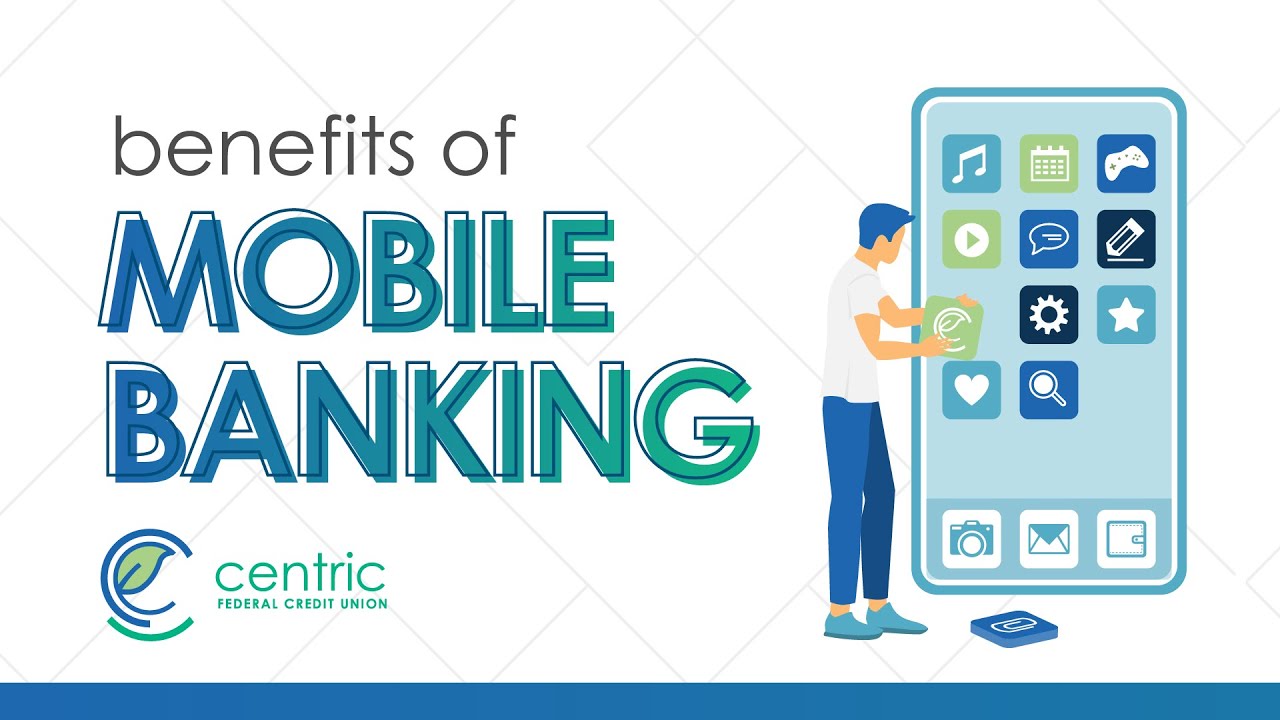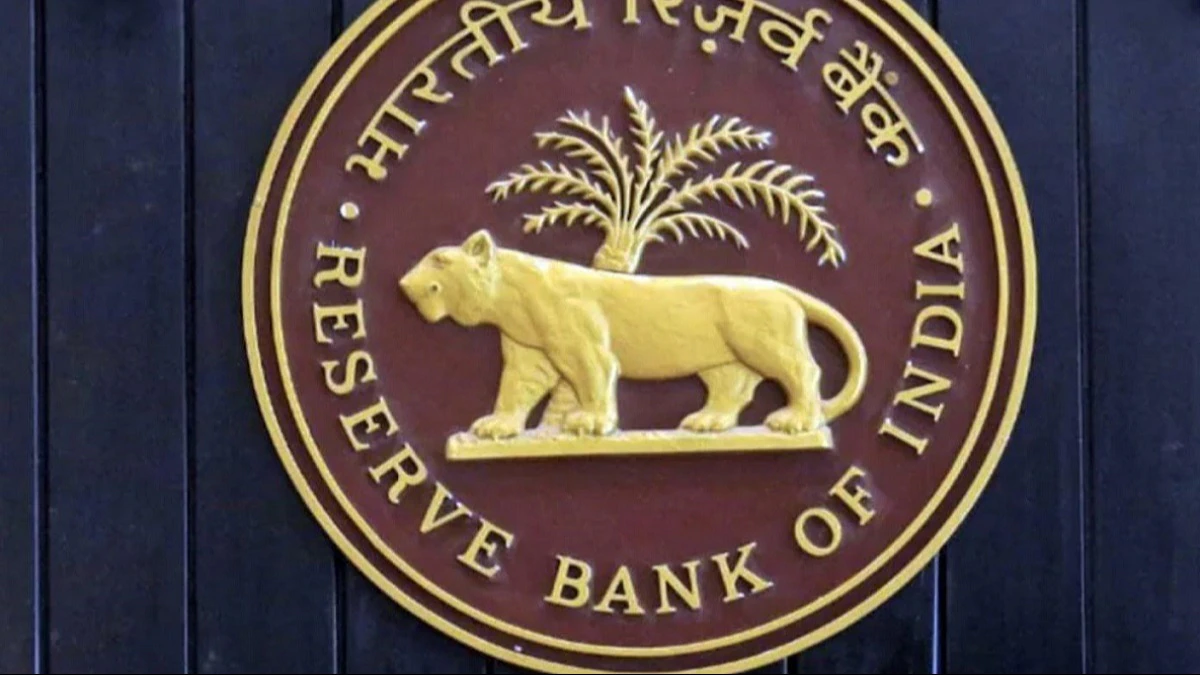Benefits of Mobile Banking
Welcome to our comprehensive guide on the benefits of mobile banking. In this article, we will explore the various advantages that mobile banking offers to individuals and businesses alike. As technology continues to advance, mobile banking has become an increasingly popular way to manage finances conveniently and securely. Let’s delve into the numerous benefits it brings.
Convenience at Your Fingertips
One of the primary advantages of mobile banking is the unparalleled convenience it provides. With just a few taps on your smartphone, you can access your bank accounts, transfer funds, pay bills, and even deposit checks. Gone are the days of waiting in long queues at the bank or rushing to meet banking hours. Mobile banking allows you to perform these tasks anytime, anywhere, making it incredibly convenient for individuals with busy schedules.
Enhanced Security Measures
Contrary to common misconceptions, mobile banking offers robust security features to protect your financial information. Banks employ state-of-the-art encryption technologies to ensure that your data remains secure during transactions. Additionally, most mobile banking apps utilize biometric authentication, such as fingerprint or facial recognition, to add an extra layer of security. By leveraging these advanced security measures, mobile banking has become a safe and secure way to manage your finances.
Real-Time Account Management
Mobile banking empowers you with real-time access to your account information. You can instantly view your account balances, transaction history, and pending payments. This level of transparency allows you to stay on top of your finances and make informed decisions. Furthermore, you can set up alerts and notifications to receive updates on your account activity, ensuring that you are always aware of any changes or potentially fraudulent activities.
Seamless Fund Transfers
Transferring funds between accounts or to other individuals has never been easier. Mobile banking enables you to initiate these transactions effortlessly. Whether you need to pay a friend back for dinner or transfer money to a family member, mobile banking provides a seamless experience. With just a few taps, you can enter the recipient’s details and transfer funds instantly, saving you time and eliminating the need for physical cash or checks.
Convenient Bill Payments
Gone are the days of writing checks or visiting multiple biller websites to pay your bills. Mobile banking simplifies the process by allowing you to conveniently pay your bills within the app. You can set up recurring payments, schedule future payments, and even receive electronic bills directly to your mobile device. By streamlining bill payments, mobile banking helps you stay organized and ensures that you never miss a payment deadline.
Financial Management Tools
Many mobile banking apps offer robust financial management tools to help you track your expenses, set budgets, and analyze your spending habits. These features provide valuable insights into your financial health and enable you to make informed decisions. By leveraging these tools, you can gain better control over your finances, save money, and work towards your financial goals.

In conclusion, mobile banking offers a multitude of benefits that make it an attractive option for individuals and businesses. From unparalleled convenience and enhanced security measures to real-time account management and seamless fund transfers, mobile banking has revolutionized the way we handle our finances. By embracing mobile banking, you can enjoy the flexibility and efficiency it brings, empowering you to take control of your financial future.
Frequently Asked Questions – Benefits of Mobile Banking
1. What is mobile banking?
Mobile banking refers to the use of a smartphone or tablet to access and manage your bank accounts, make transactions, and perform various banking activities.
2. What are the advantages of mobile banking?
Mobile banking offers several benefits, including convenience, accessibility, real-time account monitoring, easy fund transfers, bill payments, and secure transactions.
3. Can I use mobile banking on any smartphone?
Most banks provide mobile banking apps that are compatible with both Android and iOS devices. However, it is recommended to check with your specific bank for their supported platforms.
4. How secure is mobile banking?
Mobile banking employs various security measures such as encryption, secure login, and two-factor authentication to safeguard your financial information. It is generally considered secure, but it is important to follow best practices like using strong passwords and keeping your device updated.
5. Can I deposit checks using mobile banking?
Many banks offer the option to deposit checks through their mobile banking app. You can simply take a photo of the check and submit it electronically for deposit.
6. Is mobile banking free?
Most banks provide mobile banking services free of charge. However, some transactions or services may have associated fees. It is advisable to check with your bank regarding any potential charges.
7. Can I set up automatic bill payments through mobile banking?
Yes, mobile banking allows you to set up automatic bill payments. You can schedule recurring payments for your utility bills, loans, credit card bills, and more, ensuring timely payments without manual intervention.
8. Can I transfer funds between different bank accounts using mobile banking?
Absolutely! Mobile banking enables you to transfer funds easily between your accounts within the same bank or even between different banks, making it convenient to manage your finances.
9. Can I access mobile banking services while traveling abroad?
Yes, as long as you have an internet connection, you can access mobile banking services even when you are abroad. However, it is essential to check if your bank supports international transactions and whether any additional charges may apply.
10. What if I lose my mobile device? Is my banking information at risk?
If you lose your mobile device, it is crucial to immediately contact your bank to report the loss. Most mobile banking apps require a secure login, and your banking information is not stored on the device itself. However, it is recommended to have a strong password or PIN to protect your device and regularly monitor your accounts for any suspicious activity.




